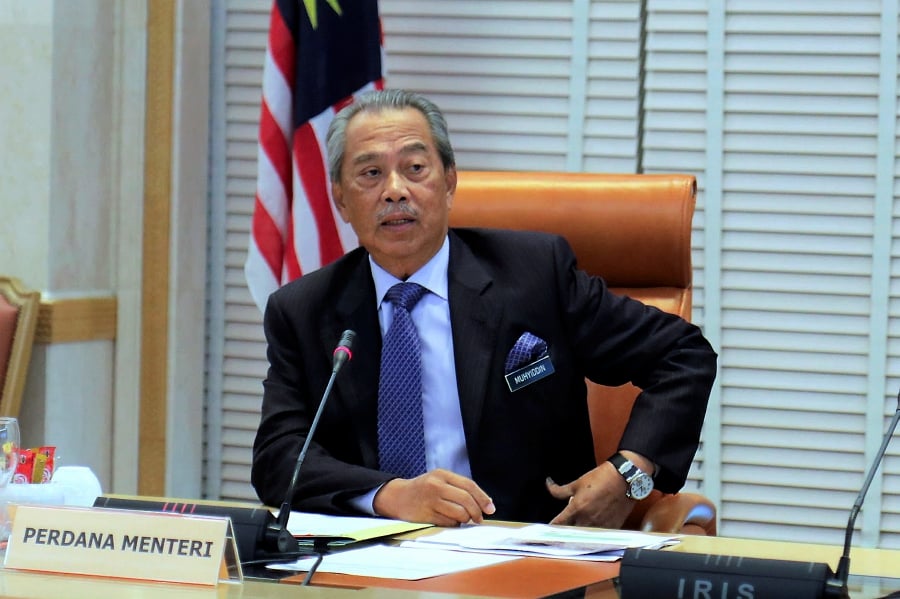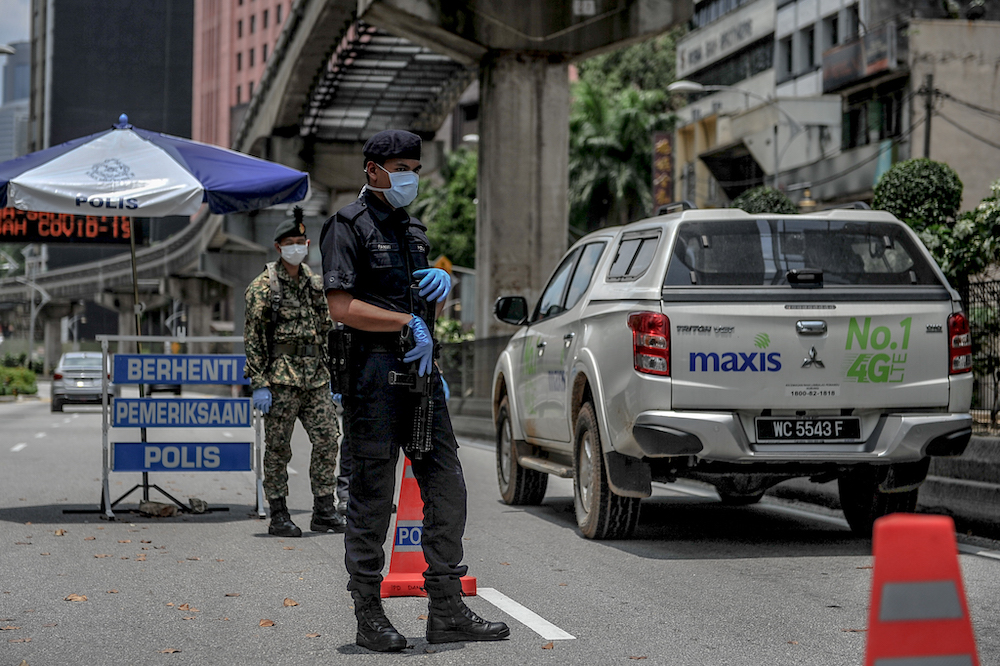In a much-anticipated and rather widely expected announcement, Prime Minister Tan Sri Muhyiddin Yassin addressed the nation this afternoon (April 10) and extended the Movement Control Order (MCO) once more.
The third phase of the MCO (April 15-28) will see the overall effort, which began on March 18, continued to April 28.

The first phase of the MCO was implemented on March 18, and had been expected to last until the end of the month. However, to further disrupt community spread of the Covid-19 virus, a second phase was rolled out, which began on April 1 and will continue until April 14.
The PM made mention of MCO measures being relaxed for additional sectors; more information will be forthcoming on this, but some of these industries have been announced already. Among the more perplexing on the list is barber shops and salons, though only for haircuts. Despite getting the nod from the federal government, however, at least one state is holding firm on keeping them closed. Penang’s government has announced it will not permit barber shops and salons to reopen during the MCO.
Willing and Able
For several days, there have been plenty of rumblings among netizens and news portals alike, and the general consensus was that the government would recognise the value in extending the MCO again, and Malaysians, to their credit, have overwhelmingly voiced their support for the decision, despite the economic hardship a longer lockdown is certain to create.

Some 7,500 individuals have been arrested for flouting the MCO since enforcement began on March 18. Though that seems a large number, it’s relatively small when viewed through the lens of just how many people are in the country. In fact, the most recently reported (April 9) MCO compliance rate is 97%. Commensurately, Malaysia has also seen only linear growth in its cases, and although the number continues to increase, this sort of growth is manageable and able to be addressed by the country’s healthcare system. With stricter enforcement, social distancing measures being implemented by essential services retailers, good self-policing by most people, and eye-popping non-negotiable fines of RM1,000 to those few errant netizens who flout the directive, it’s clear that something is working.
Malaysian health officials have identified 24 “red zones” in the country, which means a given demarcated health district has exceeded 40 confirmed cases of Covid-19. Kuala Lumpur is divided into four such districts; all four have been identified as red zones.
The states with the highest number of confirmed coronavirus cases are Selangor (1,118), Kuala Lumpur (699), and Johor (503). The data here were confirmed as of late April 9.
A Word of Thanks
Kudos to the authorities and to the millions of diverse residents of Malaysia for “keeping calm and doing what is necessary” in the struggle against the coronavirus pandemic. Battling community spread takes community effort, of course, and Malaysia has, so far, seen a tangible measure of success in this, which is a testament to everyone in the country.
And of course, a massive debt of gratitude is owed to the many frontline workers in Malaysia, from healthcare professionals to food delivery individuals, and of course to all those who keep the essential sectors of the country working in this time of crisis, from the police and military to the stockers and cashiers in grocery stores, right down to the unsung heroes who are santitising and disinfecting our communities and even collecting our daily garbage.
Now, we must all continue our vigilance and obey the continuing MCO in order to successfully disrupt the spread of this deadly virus.
"ExpatGo welcomes and encourages comments, input, and divergent opinions. However, we kindly request that you use suitable language in your comments, and refrain from any sort of personal attack, hate speech, or disparaging rhetoric. Comments not in line with this are subject to removal from the site. "





















